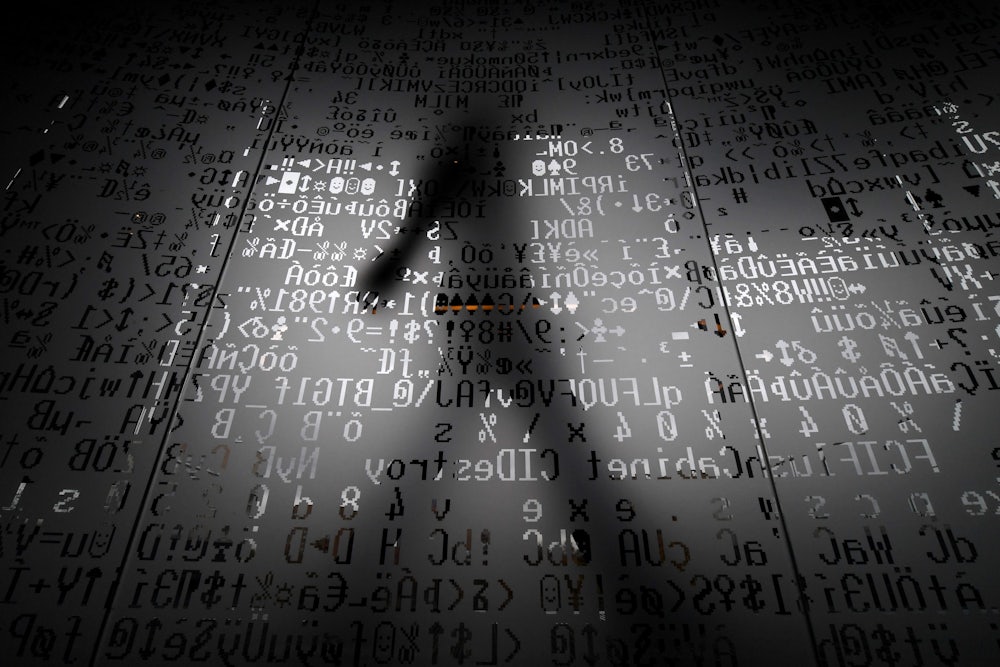On Thursday morning, the Department of Justice announced it was charging seven Russian intelligence agents—employed by the Russian Central Intelligence Agency equivalent, commonly known as the GRU—with hacking. The move came hot on the heels of British and Dutch officials accusing GRU agents of hacking investigations looking into chemical weapons attacks in Syria and the 2014 downing of an airliner over Eastern Ukraine.
The same morning, Bloomberg published a blockbuster report alleging that Chinese spies had pulled off a far-reaching hardware hack using microchips planted on the motherboards made by a company called Supermicro, which ended up being used by more than thirty firms. Bloomberg describes the hack as “the most significant supply chain attack known to have been carried out against American companies.”
Taken together, the three news stories illustrate that cyber-war is now a major battlefront between great powers.
In a press statement, the Department of Justice claimed that “beginning in or around December 2014 and continuing until at least May 2018, the conspiracy conducted persistent and sophisticated computer intrusions affecting U.S. persons, corporate entities, international organizations, and their respective employees located around the world, based on their strategic interest to the Russian government.”
Three of the seven Russian intelligence agents charged by the Department of Justice were also charged by Special Counsel Robert Mueller for alleged hacking as part of Russian interference in the 2016 election.
At a NATO meeting in Brussels, British Defense Secretary Gavin Williamson condemned alleged Russian cyber attacks on Organization for the Prohibition of Chemical Weapons, which Dutch officials claimed took place in April and were disrupted. Holland has expelled four Russian intelligence officers allegedly involved in the attack.
“This is not the actions of a great power,” Williamson said. “This is the actions of a pariah state, and we will continue working with allies to isolate them; make them understand they cannot continue to conduct themselves in such a way.”
The Bloomberg story on Chinese microchips shows that Russia is not the only cyber-war threat. As Bloomberg reports, when Amazon investigated servers sold to them by Elemental Technologies, which used the serves of Supermicro, they made a startling discovery: “Nested on the servers’ motherboards, the testers found a tiny microchip, not much bigger than a grain of rice, that wasn’t part of the boards’ original design. Amazon reported the discovery to U.S. authorities, sending a shudder through the intelligence community. Elemental’s servers could be found in Department of Defense data centers, the CIA’s drone operations, and the onboard networks of Navy warships. And Elemental was just one of hundreds of Supermicro customers.”
